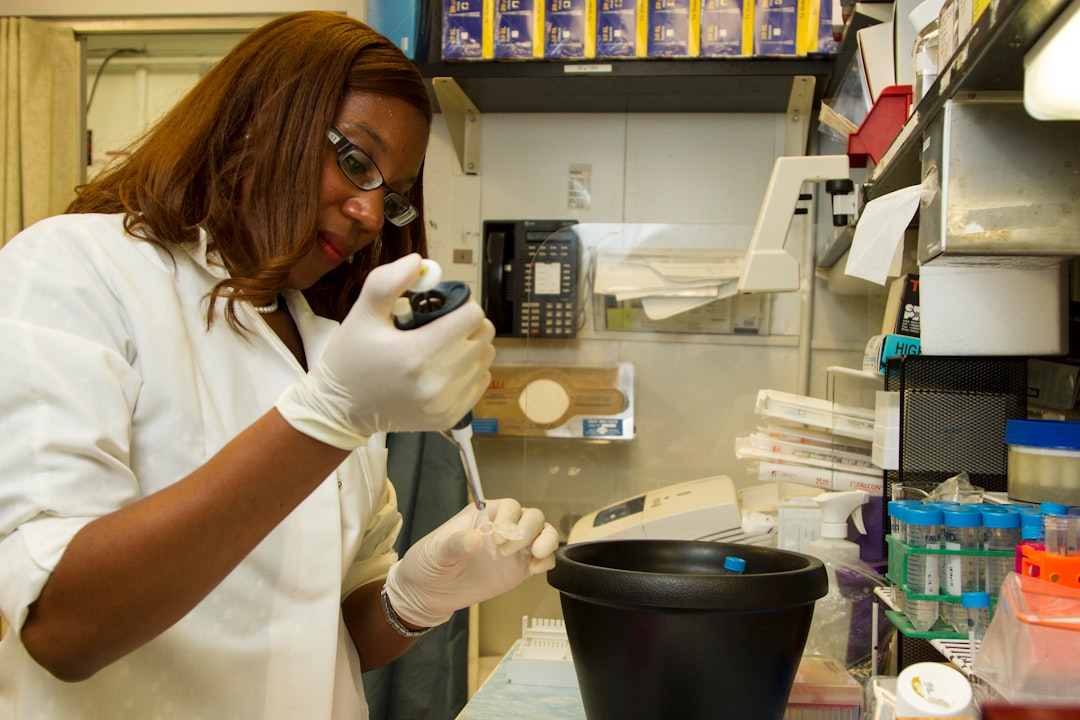What is it about?
Pneumocystis carinii is an opportunistic pathogen that causes potentially fatal pneumonia in immunocompromised or immunosuppressed patients. P. carinii pneumonia (PCP) continues to be a common AIDS-defining illness associated with significant mortality in both adults (8%) and children. This study found evidence of infection with mixtures of genotypes in a majority of specimens from HIV patients. Our sequence analysis provides evidence in support of infection with more than one type of P. carinii .
Featured Image
Why is it important?
The typing of sequences of Pneumocystis DNA at a locus where multibase polymorphisms occur, such as the ITS regions of the nuclear rRNA operon, can be useful for epidemiologic studies and specifically for investigation of the possibility of person-to-person transmission. It has also made it possible to determine whether recurrent infections are due to the relapse of a previous infection or a new infection.
Perspectives
The study of the genetic diversity of organisms isolated from different geographic areas may help provide an understanding of the differences in strain virulence that may correlate with the severity of the disease.
Professor Laila F Nimri
Jordan University of Science and Technology
Read the Original
This page is a summary of: Genetic Diversity of Pneumocystis carinii f. sp. hominis Based on Variations in Nucleotide Sequences of Internal Transcribed Spacers of rRNA Genes, Journal of Clinical Microbiology, April 2002, ASM Journals,
DOI: 10.1128/jcm.40.4.1146-1151.2002.
You can read the full text:
Contributors
The following have contributed to this page










